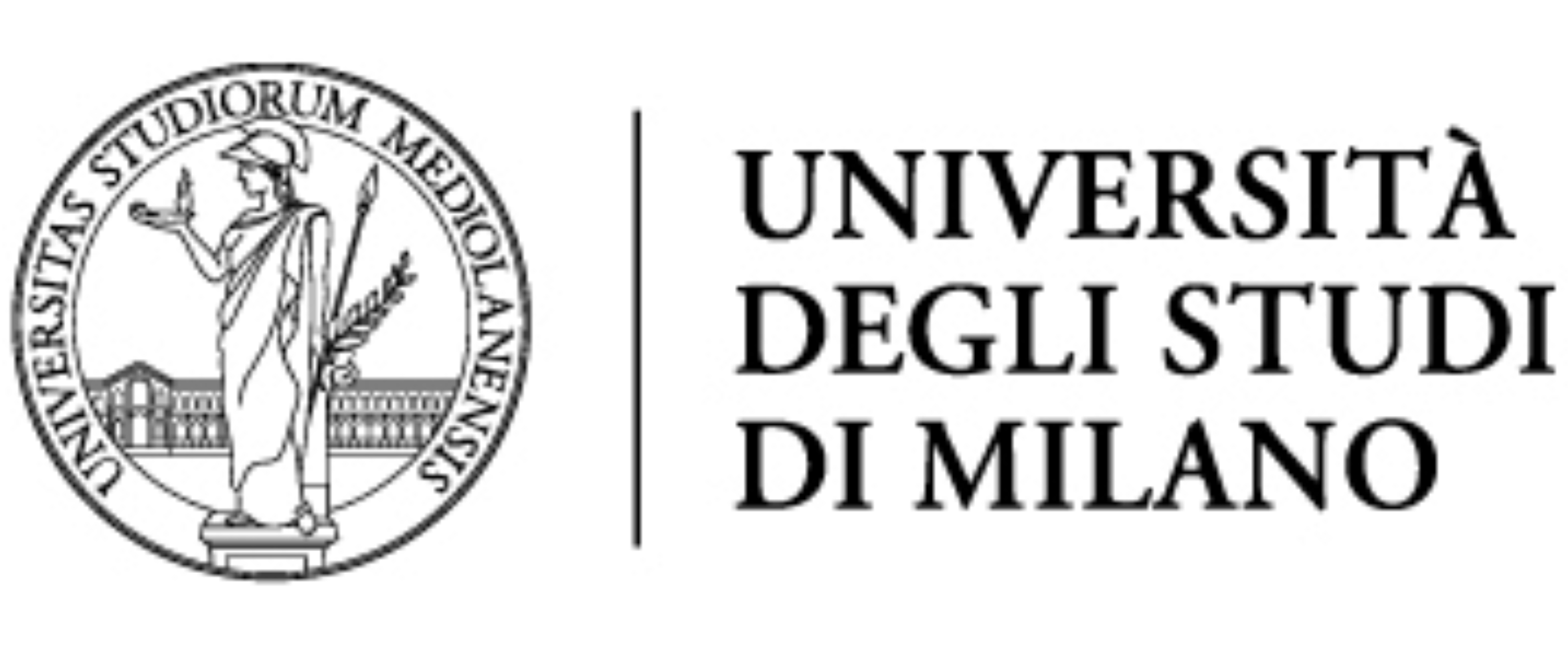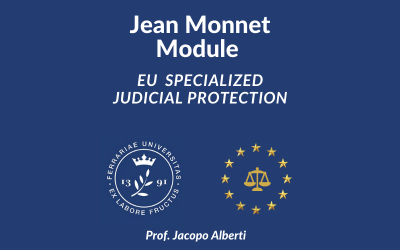by Marina Anna Tavassi
former President of AECLJ (Association of European Competition Law Judges)
former President of the Court of Appeal of Milan
Over the last years, the negotiation and adoption of Directive 2014/104/EU, followed by the entry into force, in Italy, of the Legislative Decree No. 3/2017, have given a new impetus to the actions for damages for infringements of antitrust law. Furthermore, it has contributed to a significant evolution of the case law, whose actual scope can thus be appreciated only on a case-by-case basis, taking due account of the respective peculiarities of each decision.
The growing importance of private antitrust enforcement has led the Court of Appeal of Milan and the Chairs of EU Law of the University of Milan to initiate an intense and fruitful collaboration to achieve a report of the rich case law of the Italian local courts on antitrust matters.
This collaboration led to the creation, in 2019, of the Report of Cases Giurisprudenza Antitrust Milanese (GAM). Hosted by the on-line scientific journal Eurojus, it collected the Judgements of the Milan Courts, which are pioneers in this field and whose case law represents a thought-provoking source of analysis and reflections of an area of law which, despite having a European origin, is now destined to be part of the common need-to-know of those jurists who, in various capacities, take part in the life of the economic agents and the persons affected by the companies’ behaviors.
The project Italian Cases on Private Antitrust Enforcement (Ita.ca), which now involves also the University of Ferrara, represents the natural evolution of GAM. Fulfilling the wish expressed since the beginning, it has now been enriched by the contributions from the Courts and the Courts of Appeal of Rome and Naples and, accordingly, by the experience and the different legal sensitivities of all the jurisdictions that, under the Legislative Decree no. 3/2017, are competent in the field of private antitrust enforcement in Italy.
Also thanks to this important development, Ita.ca aspires not only to become a tool of daily use for jurists, but also to foster the dissemination of knowledge in the antitrust field on a national and European scale, to the benefit also of the international reputation of our judicial system – which marks a new best practice in compliance with the obligation to foward antitrust judgments enshrined in Article 15(2) of Regulation (EC) No. 1/2003 – and of those EU institutions that are responsible for monitoring the application of the Damages Directive. The English translation of the search engine, as well as of the function that highlights the main topics of each judgment, makes Ita.ca a very useful tool also for foreign practitioners, interested in the enforcement of antitrust law in Italy.
Being so updated and complete, and thanks to the scientific approach in the classification of judgments, this initiative is – to my knowledge – quite unique. Indeed, Ita.ca is the result of a fruitful cooperation among different professional worlds, different public administrations, as well as between the practical wisdom of the judge and the scientific approach of the academic. My wish, this time, is that it may be an example for similar ventures at European level.
The following taxonomy aims at enhancing the text search, filtering the most relevant results on each topic. Judgments have been tagged only if dealing consistently, even if not always innovatively, with each topic. Some categories do not show entries yet, but perhaps will do so in the next future.
«My own feeling is that classification can be of assistance subject to important cautionary notes. We should never lose sight of the fact that taxonomy is of instrumental value, it is there to cast light on substantive differences […], not to be an end in itself. We should not allow the desire for ‘order’ to lead the imposition of […] categories that are ill-fitting. We should moreover remember the tension between generality and specificity. The more general and abstract is any classification then the greater the likelihood that all can be fitted into […]. In the opposite direction, […] categories that are too specific can convey a wilderness of single instances» (P. Craig, EU Administrative Law, 2006, Oxford, p. 152)



